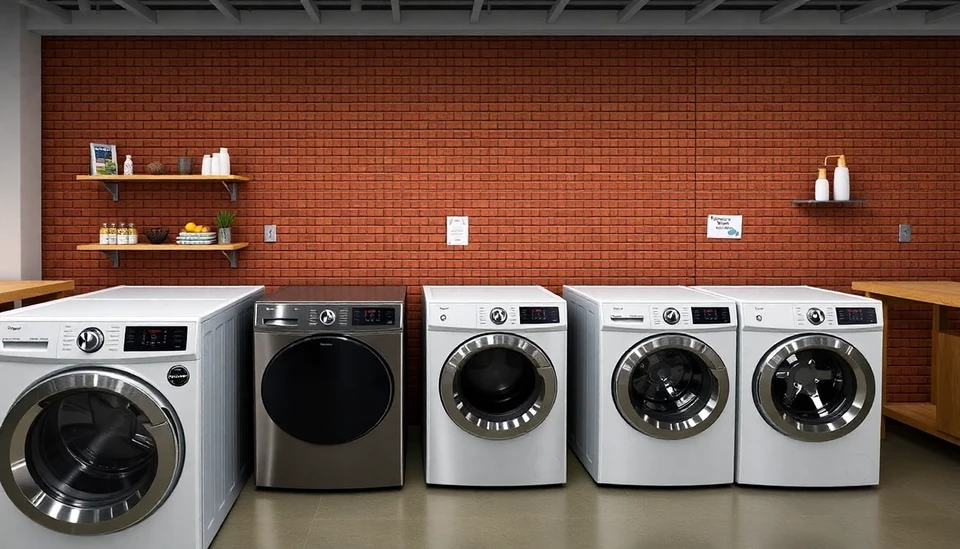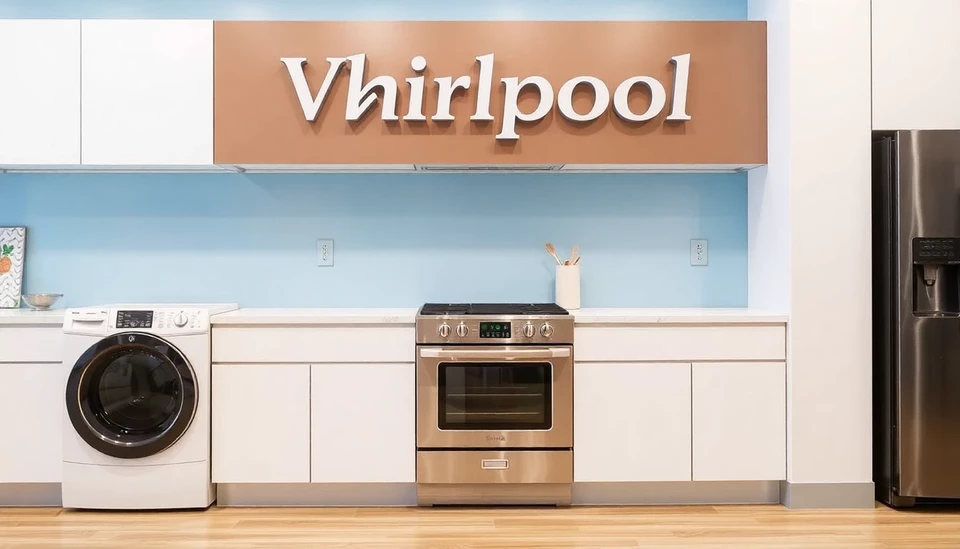
Whirlpool, a leading manufacturer of home appliances, has announced a significant price increase on its front-load washing machines, citing the impending tariffs imposed by the Trump administration on imported goods. This move comes as the company navigates the complexities of international trade policies that could impact consumer prices across the board.
The new pricing strategy reflects Whirlpool's attempt to mitigate potential losses related to the expected tariffs, which are set to target foreign-made washing machines. By raising the cost of their front-load models, which are among the most popular and energy-efficient on the market, Whirlpool aims to maintain profit margins while adjusting to the changing economic climate.
Industry analysts have predicted that these tariffs will lead to higher prices for consumers, not only for Whirlpool’s products but across the entire appliance market, as manufacturers are forced to adjust their pricing structures. The tariffs, which are part of a broader agenda to protect American manufacturing jobs, have sparked a fierce debate over their potential impact on retail prices and overall consumer spending.
As consumers brace for these new cost increases, Whirlpool’s competitors are also weighing their options. Companies that rely heavily on imported parts or assembled machines may find themselves in similar positions, leading to a ripple effect throughout the industry. This report highlights the vulnerability of U.S. consumers and manufacturers alike in the face of international trade disputes.
Additionally, Whirlpool's decision comes just ahead of peak shopping seasons, where consumers typically seek out home appliance deals. Observers warn that the increase in prices could deter purchasers, potentially impacting sales during critical periods. Retailers may also have to rethink their promotional strategies to accommodate these changes, further complicating the market landscape.
In conclusion, Whirlpool’s price hike serves as a clear indication of the larger implications of trade policies on everyday life, as the domestic appliance market braces for the effects of tariffs. While the company is taking preemptive measures to protect its bottom line, consumers may face the brunt of these policy shifts, making it imperative to stay informed on developments in the trade arena.
As this situation evolves, stakeholders from manufacturers to consumers will need to stay vigilant in monitoring how these changes unfold in the marketplace.
#Whirlpool #AppliancePrices #FrontLoadWashers #TrumpTariffs #ConsumerImpact #HomeAppliances
Author: Samuel Brooks


